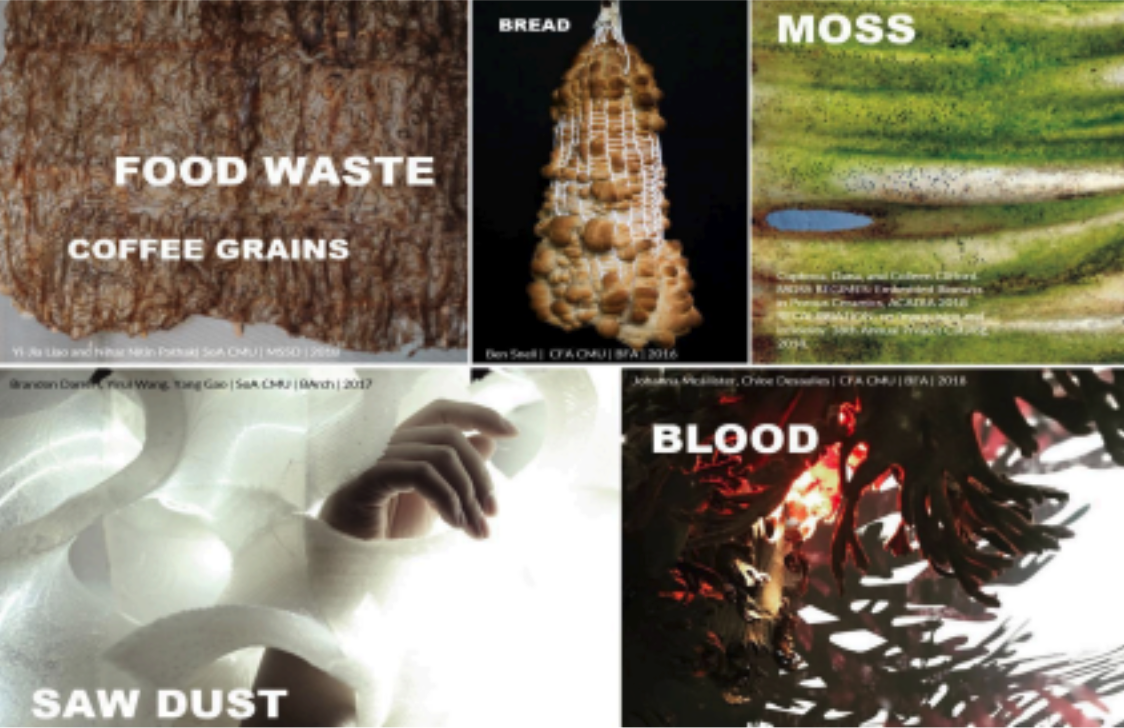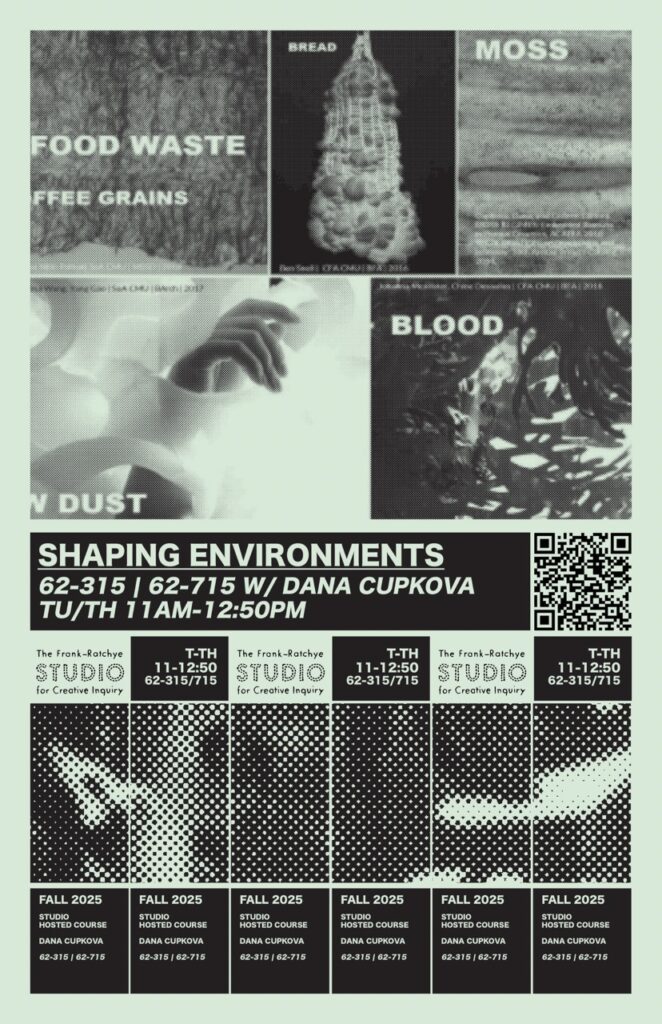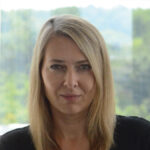Fall 2025 STUDIO Hosted Course: Shaping Environments with Dana Čupková (62-315/62-715)
Dana Čupková
Shaping Environments: Experiments in Geometry and (waste)Matter 62-315/715 (Tu/Th 11:00AM-12:50PM) is a design-research seminar taught by CM Architecture Faculty Dana Čupková that explores alternative material formations beyond our current petrochemical reality. Situated at the intersection of matter, environment, form, and advanced manufacturing, we will explore new techno-ecological imaginaries by producing material prototypes. We will search for new forms of material resilience where architectural forms can self-care while entangled in their local ecology.
Waste streams constitute the only responsible material resource in our world. As of 2020, humanity officially became the maker of the planet. According to research published in Scientific American, all human-made synthetic objects now outweigh the combined biomass of all living organisms on Earth. This reality raises profound questions about the future of architecture and design disciplines. The accumulation of new matter is leaving an irreversible footprint, with the architecture and design industries contributing to the ossified state of the planet’s landscape. In the 19th century, people commonly mixed waste streams of food, blood, clay, and sawdust into their material culture, recognizing the practicality of material reuse. Today, this practice has evolved into an absolute necessity.
About Dana Čupková:
Dana Čupková is a Professor at Carnegie Mellon University’s School of Architecture and the graduate Track Chair for the Master of Science in Sustainable Design (MSSD) program. She directs EPIPHYTE Lab, a design and research collaborative that was recognized as the Next Progressives design practice by ARCHITECT Magazine in 2018. She is a recipient of the 2019 ACADIA Teaching Award of Excellence, the 2022 ACSA Creative Achievement, and a 2022-23 Fulbright US Scholar. Additionally, she is a member of the Editorial Board of the International Journal of Architectural Computing (IJAC). Read more here.


